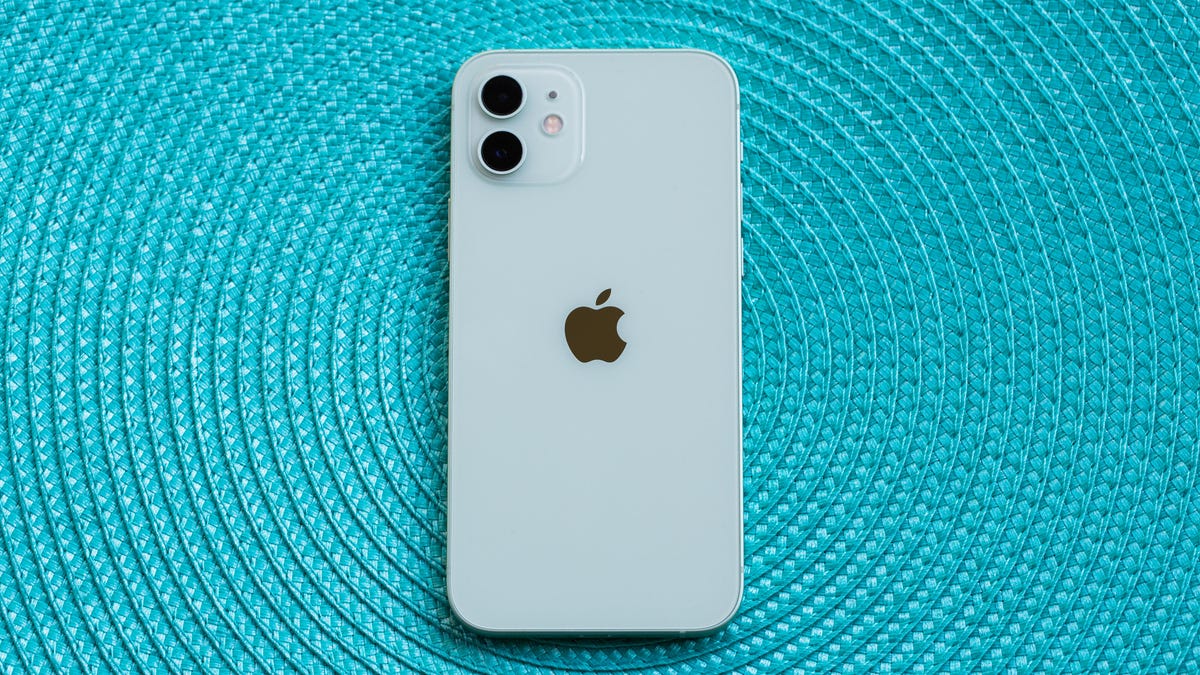Apple, defending its App Store, takes first swipe at new tech antitrust bills on Capitol Hill
The tech giant says some parts of proposed antitrust legislation could upend security on its iPhones and iPads.

Apple believes some of parts of upcoming antitrust legislation could target the App Store.
Apple on Wednesday began making its case to lawmakers on Capitol Hill that some provisions in a quintet of proposed new antitrust laws being considered in the US House of Representatives could have serious repercussions for its business by potentially outlawing its security practices on the iPhone and iPad .
In a statement published early Wednesday morning to its site, timed to follow political newsletters that arrive before most of us eat breakfast, Apple made its case for its App Store business model, where the company exercises tight control over how apps are bought and downloaded to its devices. The App Store, which launched in 2008 and has nearly 2 million apps, is the only place iPhone and iPad owners are allowed to download programs for their devices.
Starting at 7 a.m. PT Wednesday, about an hour and a half after Apple posts its statement, US lawmakers will begin debating the proposed laws that could require, among other things, Apple allow users to find and download apps outside its App Store, a process called sideloading.
"Today, our phones are not just phones; they store some of our most sensitive information about our personal and professional lives," Apple began in its statement, which spans more than a dozen pages. "Allowing sideloading would degrade the security of the iOS platform and expose users to serious security risks not only on third-party app stores, but also on the App Store."
The new antitrust bills go far beyond potentially threatening the way Apple's iPhones work. The bills, which were announced earlier this month, appear designed to rewrite antitrust laws to target controversial practices from major tech companies. One bill, for example, would outlaw acquisitions meant to squash competitors or expand "market power." Another would bar companies from collecting data from developers and other firms using their platforms. There's also a bill to force companies to allow users to easily switch from one tech company's products to another.
Apple has largely avoided the antitrust scrutiny that its peers such as Facebook, Google and Amazon have faced over the past few years. That's in part because Apple primarily makes money by selling phones, tablets and computers. Facebook and Google make nearly all their money from collecting information about the billions of people who use their sites. The internet giants then use that information to help fuel their respective advertising businesses.
Apple markets its business in part based on that distinction, arguing that it protects user privacy more than other tech companies do. "We focus intently on the user," Apple CEO Tim Cook told a California court last month during a trial over the App Store in a lawsuit brought by Fortnite maker Epic Games. But it's clear the company believes it needs to make a case to more than just the California district court judge who will rule on its case.
Aside from Apple's statement being written for a political audience rather than lawyers in a courtroom, the company's arguments remained largely the same Wednesday. It argues that sideloading apps could bypass security settings and parental controls and put user data at risk. It noted instances in which hackers created fake apps for phones powered by Google's Android software, that, once sideloaded, exposed user data.
If its App Store is forced to change, Apple said, "scammers would be galvanized to develop tools and expertise to attack iPhone device security."
The company even cited a US Department of Homeland Security report from four years ago, which said that in order to mitigate threats from malicious software and hackers, users should avoid "sideloading of apps and the use of unauthorized app stores."
See also: Review: iPhone 12 Pro Max deserves a spot in your pocket -- if you can get it to fit

